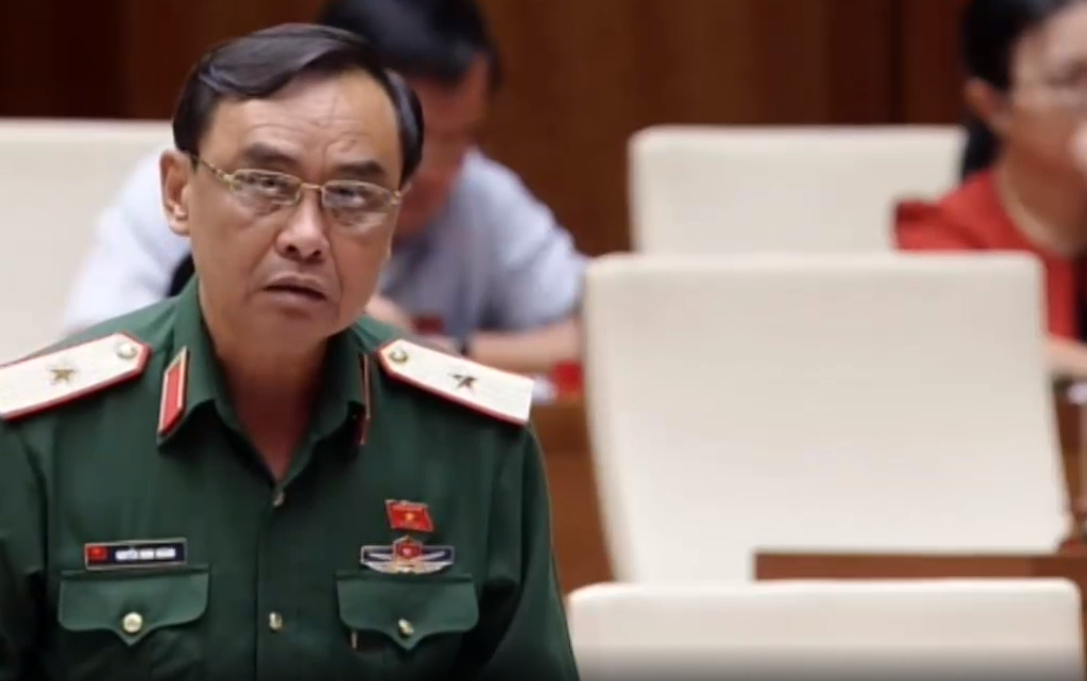Those who oppose the Vietnamese government have recently utilized domestic political and social events as the chief means in their subversive attempts in cyberspace, Major General Nguyen Minh Hoang has said.
Important political events, national holidays and decisive new policies by the Party were usually capitalized on to present misinformation and foment civil unrest and anti-government activities on the Internet, Hoang said as he addressed the lawmaking National Assembly on Saturday.
For instance, around 36,000 pieces of writing, 174,921 comments, 198,384 shares and millions of likes surfaced on social media after Vietnam’s State President Tran Dai Quang died on September 21, the member of the national legislature pointed out.
“They contained information and pictures that maliciously distorted the truth to defame the regime,” Hoang, vice-political commissar of Vietnam’s Military Zone 7, said.
He also mentioned the cases of Vietnam’s cybersecurity law, passed in June and to take effect from the beginning of next year, and its special economic zone bill, whose adoption has been delayed to have more time for deliberation.
While lawmakers were discussing the draft law on special economic zones, riots, public disorder and demonstrations broke out in the country.
These events were incited by anti-state elements who exploited the bill to their own advantage, Hoang said, concluding that the episodes wreaked havoc on multiple cities and provinces in Vietnam.
Hoang noted many government websites had been recently hacked and this is happening with increasing frequency.
It is advisable, he added, to provide national defense education to the grassroots who play important roles in the community, and landlords who lease accommodations to factory workers at industrial parks.
Like us on Facebook or follow us on Twitter to get the latest news about Vietnam!



















































